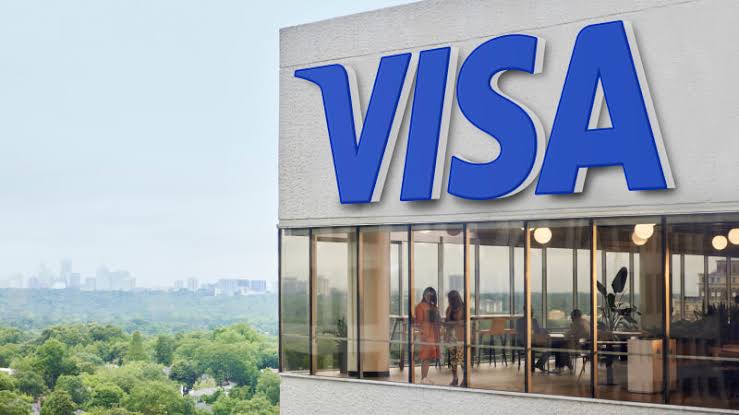Islamabad, Feb 11: Visa (NYSE: V), a global leader in digital payments, has released a whitepaper highlighting the transformative role of commercial cards in digitizing Pakistan’s SME sector. The study reveals that 85% of Pakistan’s estimated $255 billion B2B transactions in 2022 were cash-based, presenting a $121 billion opportunity for digital adoption.
The SME Landscape and Digital Transformation
According to Visa, SMEs contribute 40% to Pakistan’s GDP and play a critical role in job creation. However, their heavy reliance on cash transactions limits efficiency and scalability. Umar S. Khan, Country Manager for Pakistan & Afghanistan at Visa, emphasized the need for a shift towards digital solutions. “Our whitepaper highlights how commercial cards can streamline SME B2B payments, providing financial flexibility, security, and improved access to credit,” he stated.
Despite the increasing circulation of payment cards—55.6 million as per the State Bank of Pakistan’s Q1 2025 review—SMEs face barriers to digital adoption. These include cumbersome application processes, compliance requirements, and banks’ reluctance to lend due to limited credit histories.
Read More:
RDA Inflows Surge to $9.564 Billion in January 2025
Key Insights from Visa’s Whitepaper
- Cash Dominance: 85% of Pakistan’s B2B payments remain cash-based, indicating inefficiencies.
- Digital Shift: 15% of SME B2B payments are now digital, marking progress in adoption.
- High SME Payables: The top 8% of SMEs account for 60% of total SME payments.
- Industry Impact: Agriculture, retail, manufacturing, and IT sectors dominate SME payables, with the IT sector leading in international transactions.
The Role of Commercial Cards in SME Growth
Visa’s research highlights commercial cards as a key enabler for SME growth, offering benefits such as:
- Interest-free working capital
- Simplified cross-border trade
- Enhanced business credit building
- Real-time expense tracking and control
Policy Recommendations for Accelerating Digital Payments
To foster commercial card adoption, Visa suggests policy interventions such as:
- Revising collateral requirements for SMEs with alternative credit-scoring models.
- Establishing minimum commercial card issuance quotas per financial institution.
- Streamlining foreign exchange processes for SME B2B transactions.
- Partnering with fintech firms to enhance SME access to credit.
Visa’s whitepaper underscores the need for a collaborative ecosystem involving government entities, banks, and fintech firms to drive SME digitization. By addressing existing bottlenecks, Pakistan can unlock its digital payment potential and create a more efficient, inclusive economic landscape.
